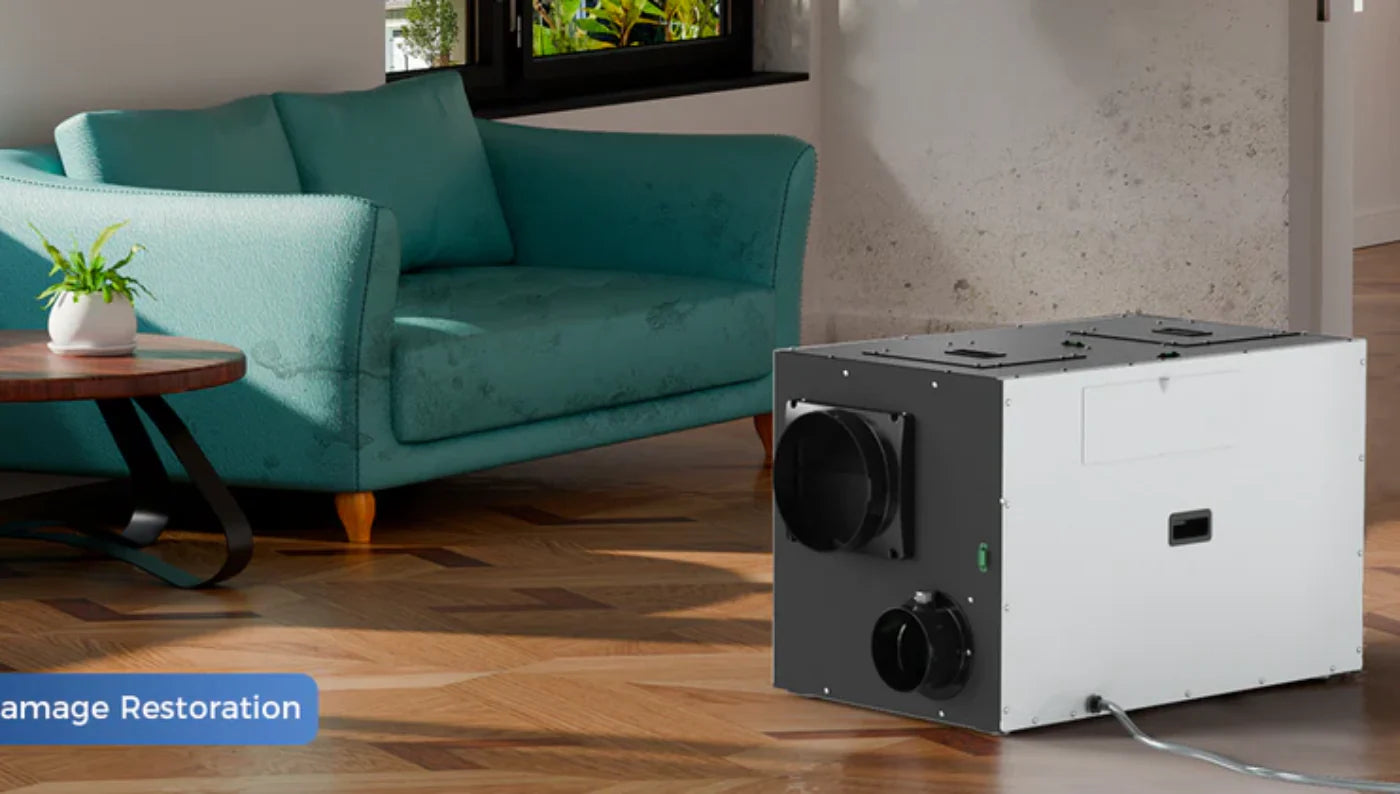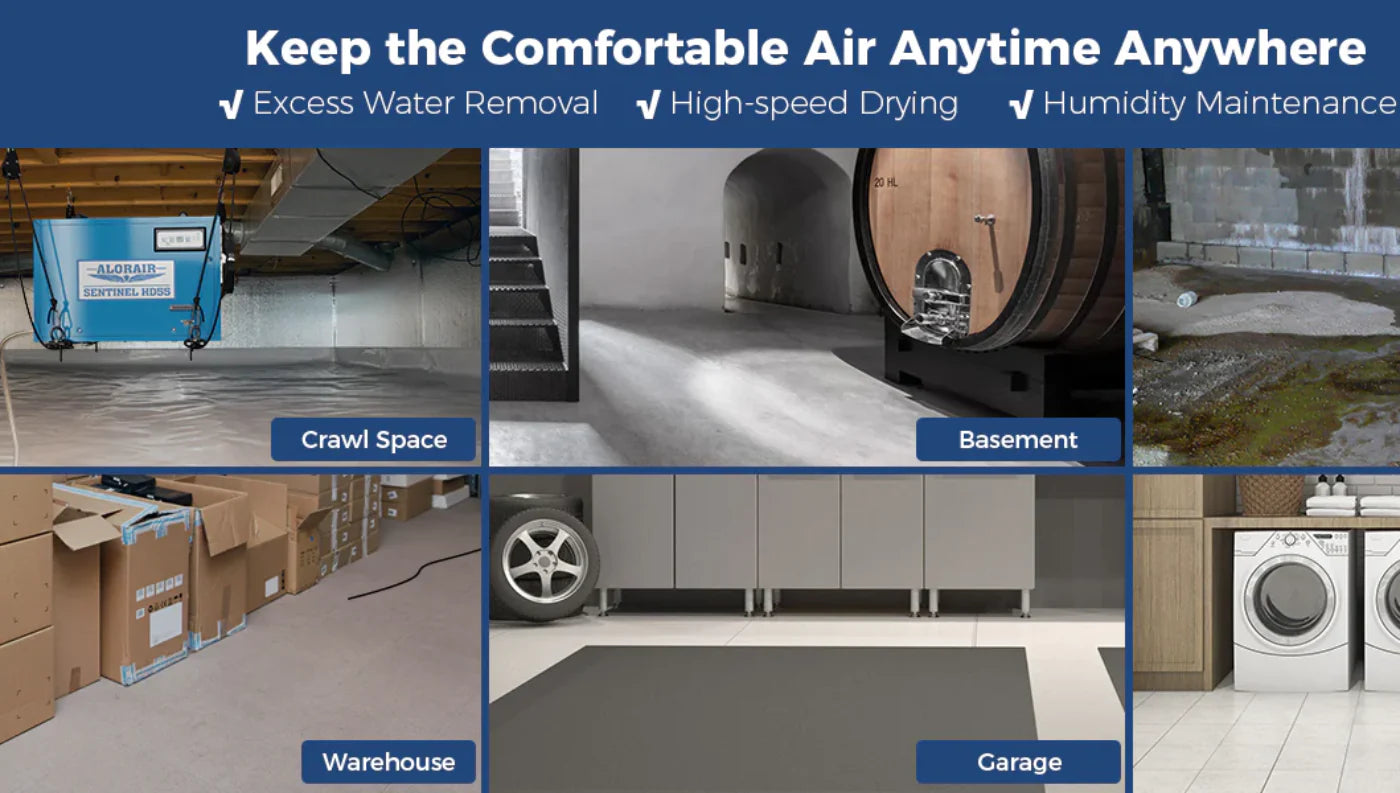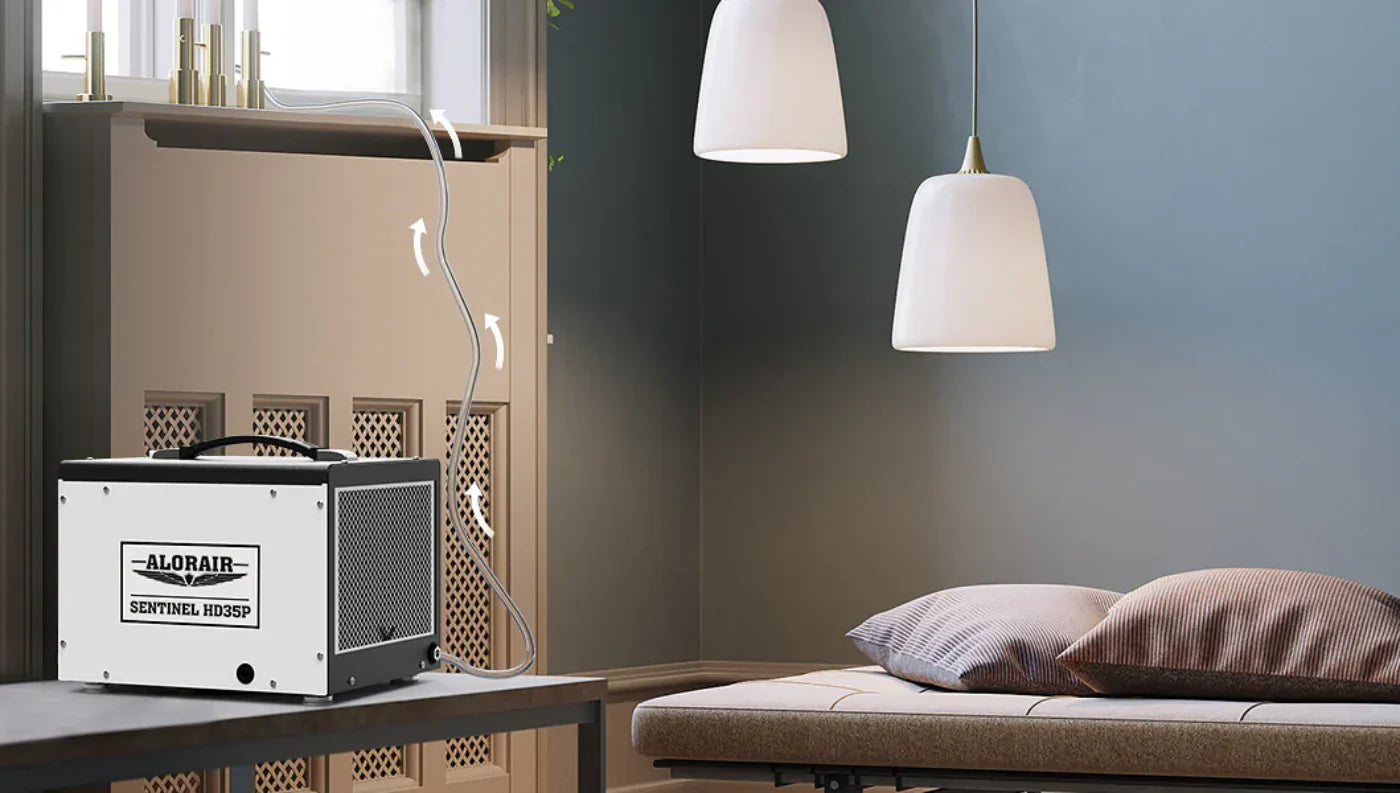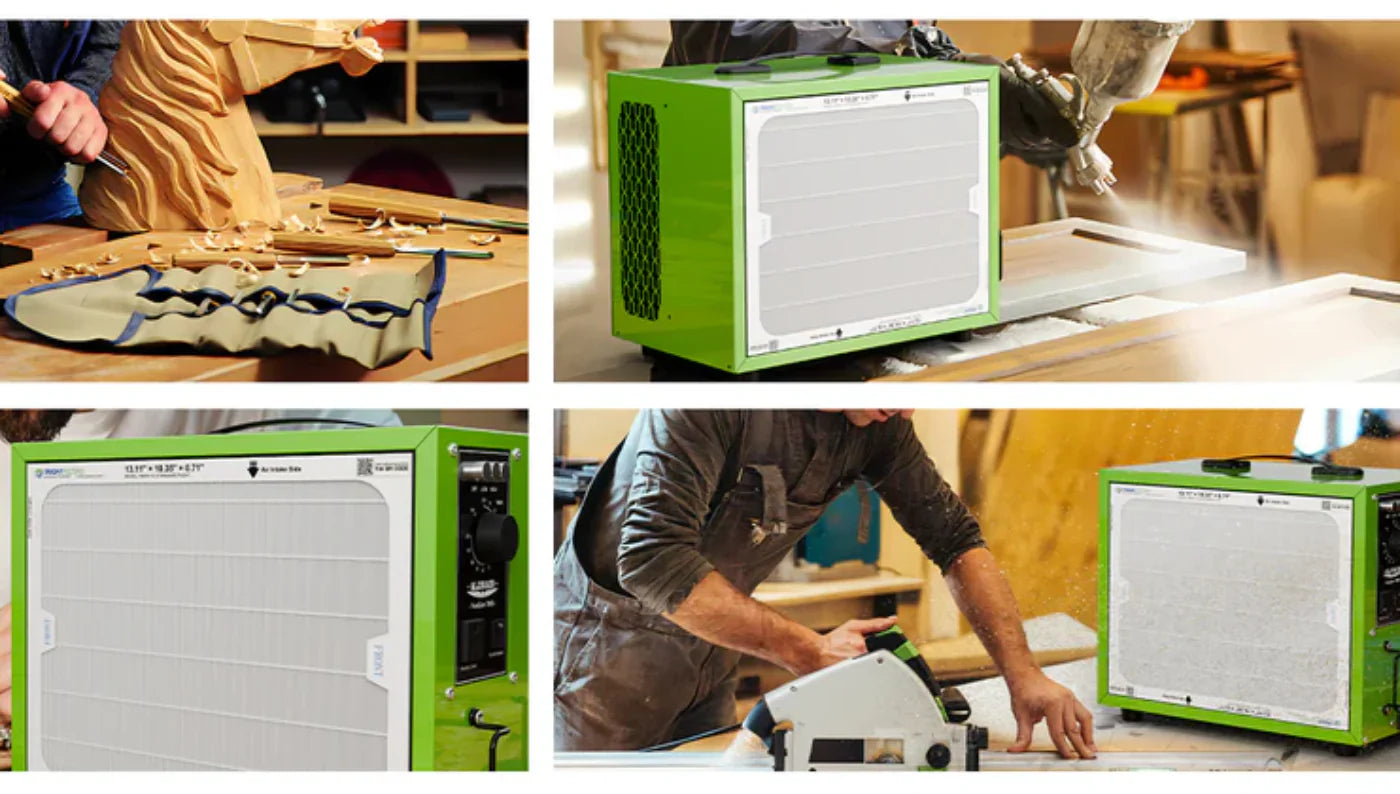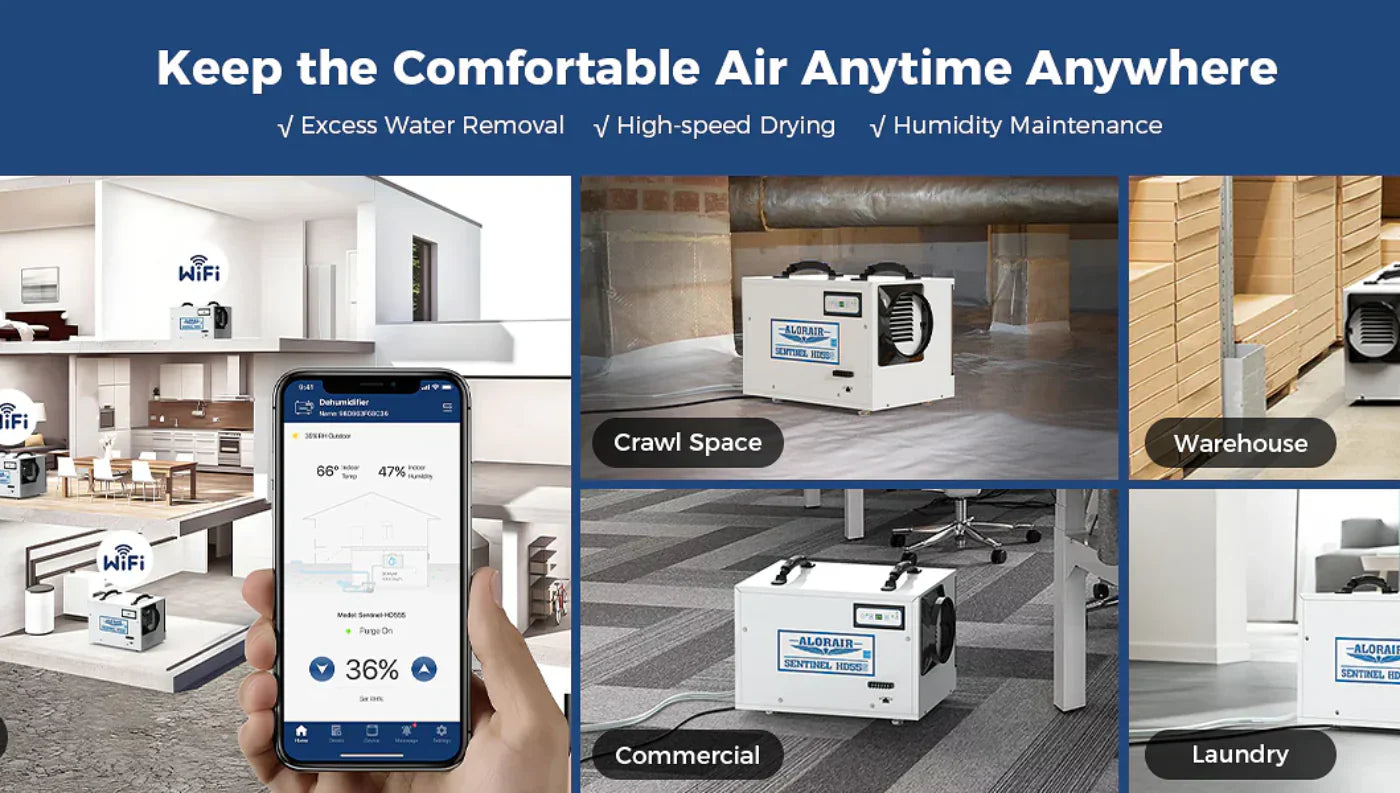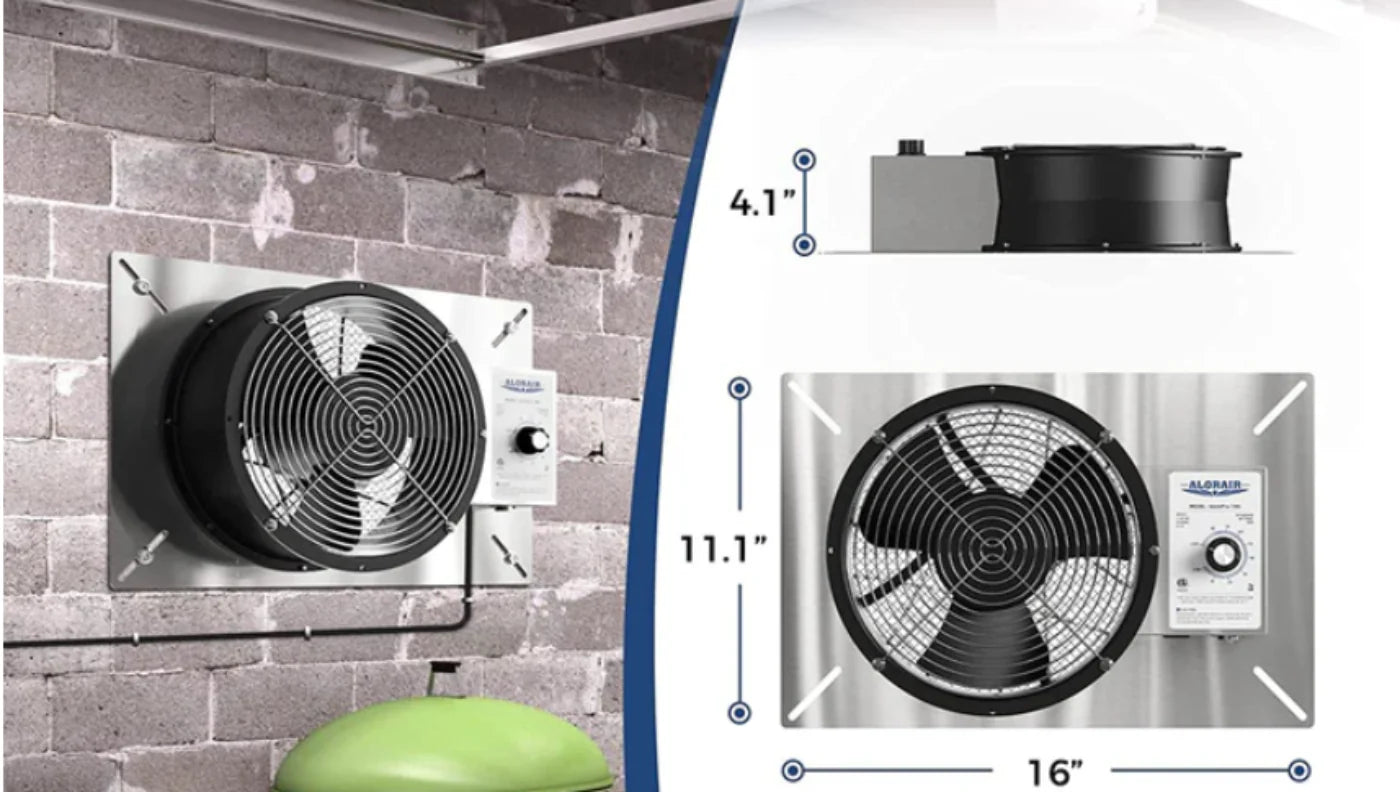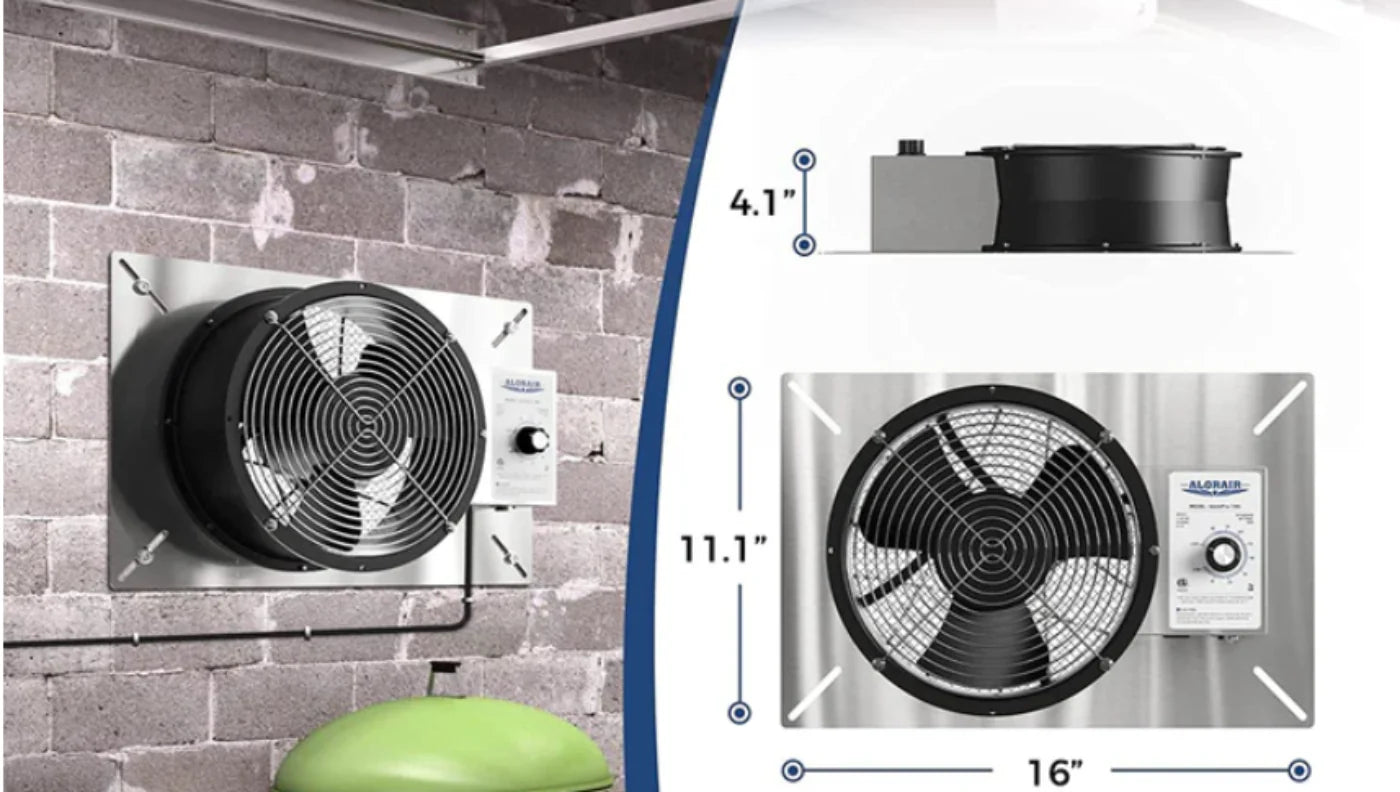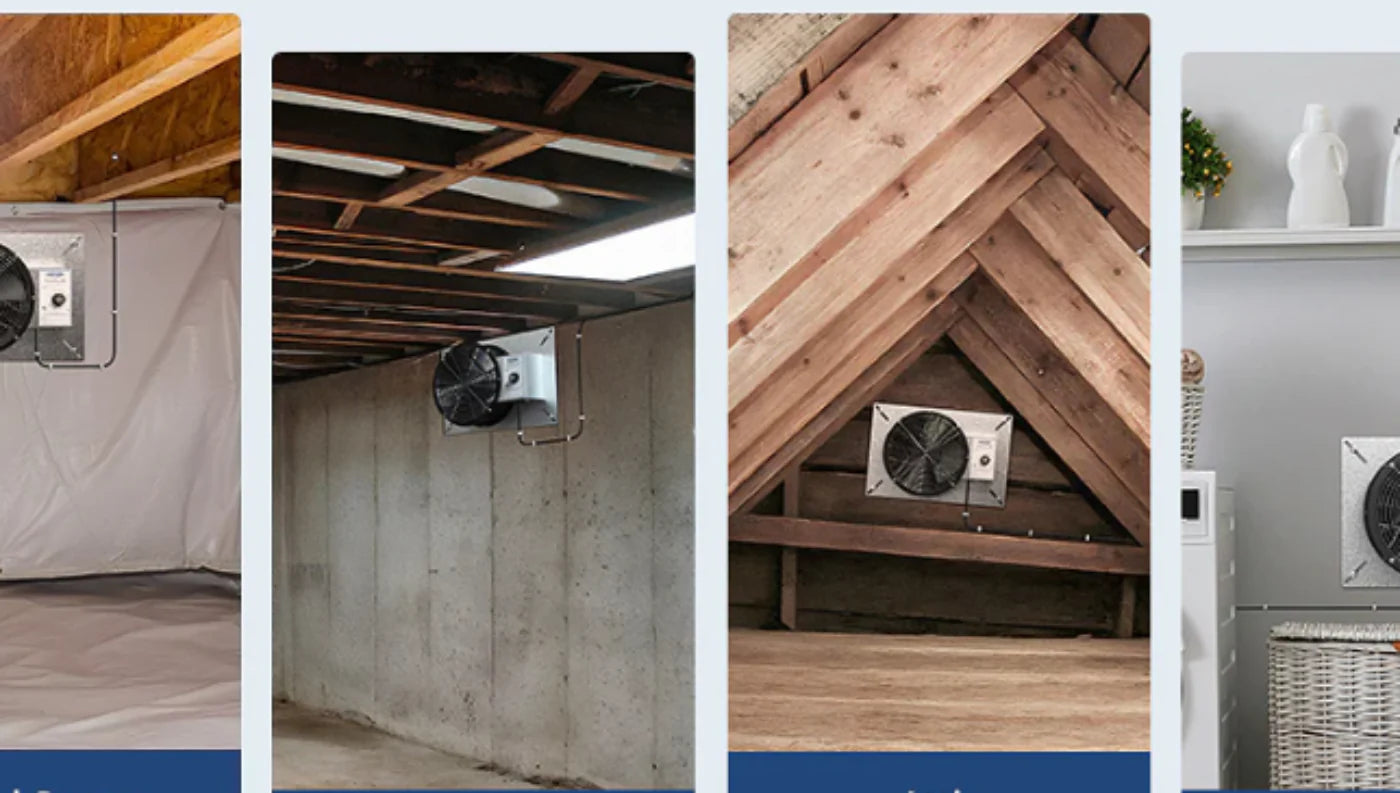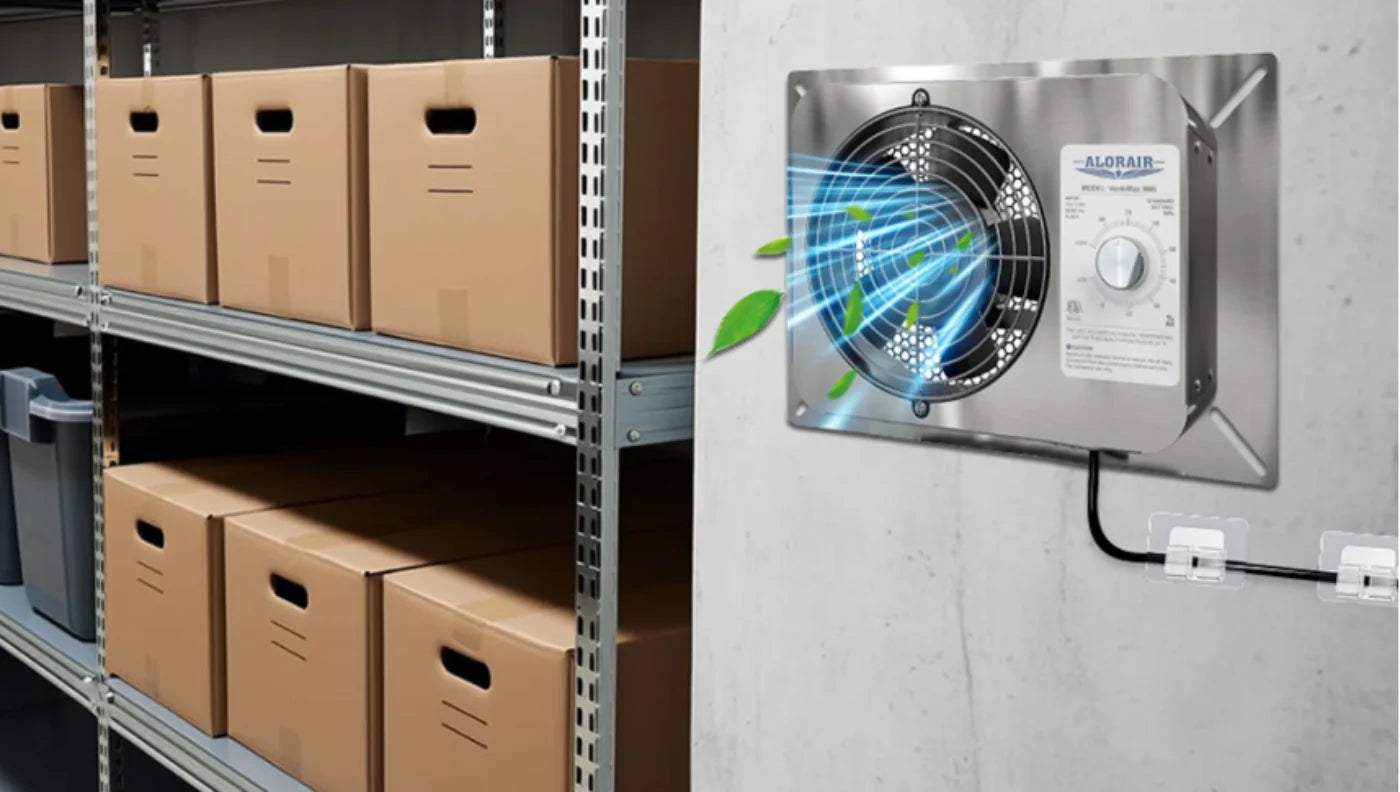Good dehumidifiers play an important role in humidity control and indoor air quality because they pull excess moisture out of the air to help prevent problems in homes, basements, and other enclosed spaces. However, people often ask if the water collected by dehumidifiers is safe to drink.
When a dehumidifier extracts moisture from the air, the moisture condenses on the cooling coils of the unit and is collected in a reservoir or bucket. This water is often referred to as "condensate" or "dehumidifier water". Since it comes from the air, it may seem pure, and look like very clean water but several factors must be considered before it is considered safe to drink.
Safety Concerns Surrounding Dehumidifier Water
While dehumidifier water is essentially distilled water and is generally considered safe to drink, is dehumidifier water safe to drink. there are still some potential risks and contaminants to be aware of. One of the main concerns with drinking dehumidifier water is the possible presence of contaminants. Since basement dehumidifiers extract water from the air, they also trap airborne contaminants, dust, mold spores, and other impurities that can end up in the collected water.
Water collected by dehumidifiers can contain a variety of contaminants, including bacteria, mold, mildew, dust mites, chemicals, and volatile organic compounds (VOCs). Ingestion of water contaminated with these substances can cause adverse health effects, including gastrointestinal problems, respiratory issues, and skin irritations.
Can You Drink Dehumidifier Water?
Given the potential risks associated with drinking basement dehumidifier water, health professionals generally recommend against drinking water directly from reservoirs that have not been properly treated. While there are risks associated with drinking untreated dehumidifier water, there are several ways to make it safer to drink:
1. Using a high-quality water filtration system can help remove contaminants and impurities from dehumidifier water, making it suitable for drinking.
2. The option is to simply Boil basement dehumidifier water kills most microorganisms and pathogens in the water, reducing the risk of waterborne illness.
3. Distillation involves boiling the water and collecting the vapors, then condensing the vapors into a liquid form, which effectively removes contaminants and impurities.
Given the potential risks associated with drinking untreated dehumidifier water, it is important to consider alternative sources of drinking water. Tap water from a municipal supply, bottled water, or water filtered through a certified filtration system are often safer options.
Potential Risk Of Drinking Dehumidifier Water
While seemingly innocuous, can pose several risks if not handled or consumed consciously or unconsciously. Understand the potential risks associated with dehumidifier water before taking a sip:
1. Contaminants and chemicals: Dehumidifiers extract moisture from the air, which can carry a variety of contaminants such as dust, mold spores, bacteria, and other impurities. These contaminants can accumulate in the water collected by the dehumidifier, making it unsafe to drink. This water cannot be poured down the drain. In addition to biological contaminants, can contain chemicals and airborne volatile organic compounds (VOCs). These chemicals can leach into the water during the condensation process and pose a health hazard if ingested.
2. Microorganisms and Risk of Mold Growth: A humid environment is a breeding ground for microorganisms such as bacteria and fungi. If the water collected by a home dehumidifier is not properly disposed of, these microorganisms can multiply and may cause illness when consumed. If water from a home dehumidifier is stored improperly or left stagnant for long periods, it can become a breeding ground for mold. Inhalation of mold spores or contact with moldy water can trigger allergies or respiratory illness.
3. Health Effects: Drinking contaminated water can lead to a variety of health problems, including gastrointestinal problems such as nausea, vomiting, diarrhea, respiratory problems, skin irritation, and allergic reactions in sensitive people.
4. Electrocution Hazard: Improper operation or maintenance of the dehumidifier may cause an electrical malfunction or short circuit resulting in electric shock or fire. Children or pets may be at risk of electric shock if they come into contact with water in a malfunctioning dehumidifier.
To reduce these risks, it is important to properly handle and dispose of dehumidifier water, avoid using it for drinking or cooking without proper treatment, and ensure that the dehumidifier is maintained and operated safely. If there is any doubt about the safety of home dehumidifier water, it is best to err on the side of caution and find an alternative source of water to drink.
Tips For Preventing Children From Dehumidifier Water
Children are the most vulnerable to any unclean water even dehumidifiers. Even though water is pure, dehumidifiers can still pose a risk. Preventing children from accessing dehumidifier water is essential to ensure their safety. Here are some tips to help prevent children from coming into contact with dehumidifier water:
Keep Dehumidifiers Out of Reach: Place dehumidifiers in areas inaccessible to children, such as high shelves or cabinets, to prevent them from tampering with the unit or accessing the collected water. Teach children about the potential dangers of dehumidifier water and emphasize that it is not safe for drinking or playing. Encourage them to inform an adult if they notice any leaks or spills from the dehumidifier.
Secure Water Collection Reservoirs: Ensure that the water collection reservoir of the dehumidifier is securely closed and sealed to prevent children from opening it and accessing the water inside. Supervise children when they are near dehumidifiers or areas where dehumidifier collects water to prevent accidental ingestion or contact.
Use Childproof Locks: Empty the water collection reservoir of the commercial dehumidifier regularly to prevent it from overflowing or spilling onto the floor where children might come into contact with it. Install childproof locks on cabinets or doors where dehumidifiers are stored to prevent children from accessing them without adult supervision.
Monitor Humidity Levels: Label containers used to collect dehumidifier water as "Not for Drinking" or "Unsafe for Children" to prevent accidental ingestion. Keep an eye on indoor humidity levels and adjust the settings on the dehumidifier as needed to maintain a safe and comfortable environment for children without excess moisture buildup.
Regular Maintenance: Perform regular maintenance on dehumidifiers to ensure they are functioning correctly and to prevent leaks or malfunctions that could pose a risk to children.
Note: If a child ingests dehumidifier water, seek immediate medical attention and contact poison control for further guidance. Implementing these preventive measures will keep your home safe from the potential hazards associated with dehumidifier water.
Bottom Line
While the best dehumidifiers are excellent for controlling indoor humidity levels, the water dehumidifier collected may not be safe for drinking due to potential contaminants. It's crucial to prioritize safety and consider alternative sources of drinking water to avoid potential health risks.
Visit our Alorair Crawls space dehumidifier now to explore our range of high-quality dehumidifiers and take the first step towards a drier, cleaner, and more comfortable living space with Alorair dehumidifier today.
Tags: Install Crawlspace Ventilation Fans, Dehumidifier Application Guide




